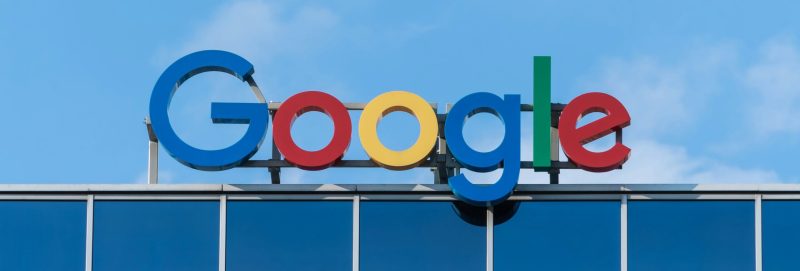Top Justice Department officials have decided to ask a judge to force Alphabet’s Google to divest its Chrome browser, in what is likely to mark a significant antitrust escalation, according to a report by Bloomberg.
This move follows Judge Amit Mehta’s ruling that found Google had illegally monopolized the search market, sparking remedies that could redefine how tech giants operate.
Chrome’s dominance is crucial for Google, serving as a strategic tool to collect user data and funnel traffic to its products, such as the AI platform Gemini.
Such data fuels Google’s targeted advertising, which underpins its multi-billion-dollar business.
The DOJ’s aim is to disrupt this vertical integration that critics say entrenches Google’s power, stifling innovation and competition.
Chrome currently controls 61% of the US browser market, positioning it as a key asset in the proposed remedy.
Data licensing and uncoupling Android OS
In addition to recommending a sale of Chrome, antitrust officials also plan to recommend Mehta to impose data licensing requirements, the report said.
This mandate could reshape the AI landscape by giving rival tech firms access to Google’s “click and query” data and search result syndication.
Allowing competitors to leverage this information could bolster their search algorithms and enhance AI development.
Currently, Google syndicates search results with limitations, such as preventing mobile application use.
The proposed licensing rules would eliminate such barriers, enabling smaller search engines and startups to build a stronger foothold.
Officials will also propose that Google uncouple its Android operating system from core services, including its search engine and the Google Play app store.
This would dismantle the tight integration that has been central to Google’s strategy, potentially altering the smartphone ecosystem.
Additional measures would require Google to share more data with advertisers, empowering them to better manage ad placement.
A long road of legal wrangling
The case’s roots trace back to the Trump administration, continuing under President Biden in a rare bipartisan push against tech monopolies.
The most stringent option—forcing the sale of Android—was ultimately set aside in favour of more targeted interventions.
The April hearing will determine the course of these proposals, with a final ruling expected by August 2025.
Google, meanwhile, is prepared to appeal Mehta’s ruling.
Lee-Anne Mulholland, the company’s vice president of regulatory affairs, characterized the DOJ’s position as radical overreach.
“The government putting its thumb on the scale in these ways would harm consumers, developers, and American technological leadership,” she said, in the Bloomberg report.
How likely is it for Google to sell Chrome?
While the DoJ is set to push through its recommendations, questions remain about whether the judge will accept them.
“The likelihood of a Chrome divestiture seems low,” Rebecca Haw Allensworth, a professor and associate dean for research at Vanderbilt Law School said in a MarketWatch report.
Judge Mehta is known for adhering closely to legal precedents. While antitrust laws do allow for breakups as a remedy, such actions have largely been avoided over the past 40 years. His August ruling demonstrated his commitment to precedent, with the Microsoft case being the most relevant example.
Adding complexity is the impending political shift and uncertainty regarding how the incoming Trump administration will approach ongoing Big Tech cases.
Historically, Republican administrations have favoured a more hands-off approach toward Silicon Valley.
However, Allensworth pointed out that the original case against Google was filed during Trump’s first term.
“Trump’s policies don’t align with traditional ‘laissez-faire’ Republicanism,” she noted. “It’s unclear how his DOJ will handle this case.”
Stock market impact and industry implications
News of the potential divestiture weighed on Google’s stock, which fell up to 1.8% in late trading.
This dip contrasts with a broader upward trend this year, where shares had gained 25%.
Industry analysts have mixed reactions.
Mandeep Singh of Bloomberg Intelligence expressed skepticism about a forced spin-off, citing regulatory challenges facing potential buyers like Amazon.
However, Singh did highlight that a less-expected buyer, such as OpenAI, might leverage the assets to bolster its consumer and ad-related offerings.
AI overviews under fire
Google’s AI-driven “overviews” feature has also drawn complaints from publishers, who argue that it siphons traffic and ad revenue.
While website owners can opt out of contributing to Google’s training data, the penalty is reduced visibility in search results—a critical trade-off in a fiercely competitive digital market.
The DOJ’s planned remedies, if accepted, would enable publishers to block content usage for such features while ensuring that opting out doesn’t severely impact their search rankings.
The post DoJ to push for Google to sell Chrome to challenge its search monopoly: how likely is it to happen? appeared first on Invezz


